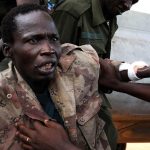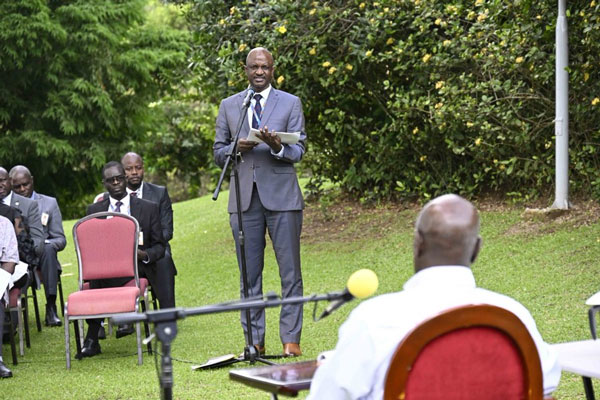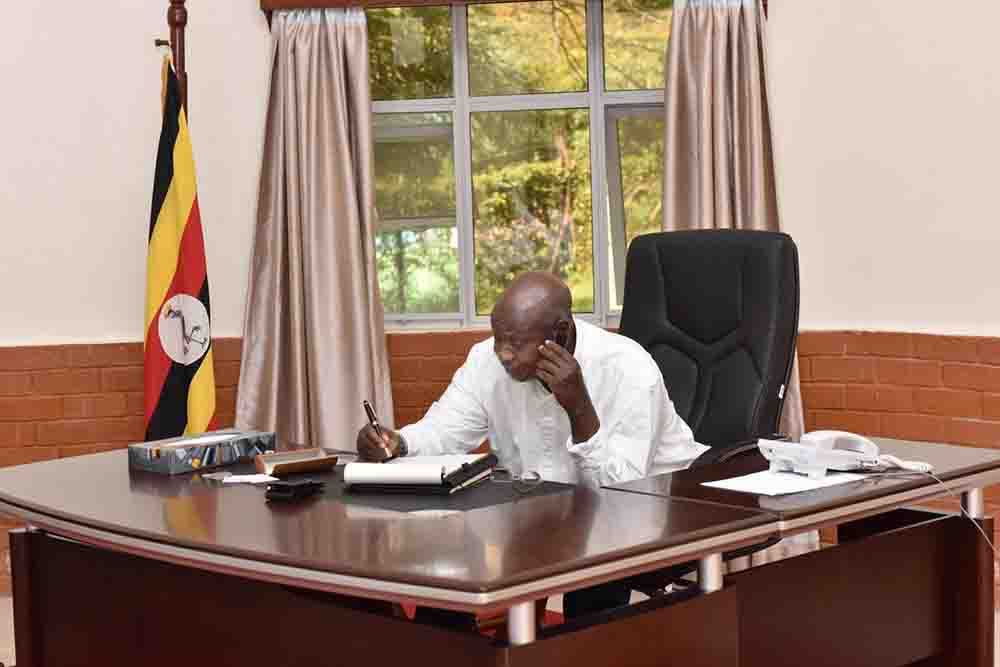Book Review by George F. Onyango
Rebecca Kadaga’s memoir has garnered attention for its unconventional approach to storytelling. Initially anticipated as a personal account of her remarkable journey from humble beginnings to political prominence, the book takes a surprising turn by adopting a didactic tone, offering guidance on achieving greatness. While commendable for its ambition, the book leaves readers questioning the definition of greatness in Uganda’s context and who holds the authority to bestow such titles.
The absence of a clear definition of greatness and the criteria for its attainment is a notable limitation of Kadaga’s memoir. Despite outlining her personal attributes and accomplishments, she fails to provide a comprehensive framework for aspiring individuals to follow. Instead, the book reads more like a self-help guide, urging readers to emulate her perceived qualities without contextualizing them within Uganda’s socio-political landscape.
Kadaga’s assertion of her own greatness and suitability as a mentor figure raises eyebrows, inviting skepticism from discerning readers. While she attributes her success to qualities such as determination and patriotism, the lack of humility in her self-assessment may alienate some readers. Furthermore, her claim to possess the wisdom and moral authority to mentor others appears unsubstantiated, lacking concrete evidence or examples to support her assertions.
The structure of the book, resembling a textbook with thematic chapters and reflective questions, further underscores its didactic nature. Each chapter opens with quotations, predominantly from Western sources, overlooking the rich wisdom present in African proverbs and traditions. While these quotations may offer valuable insights, the absence of indigenous perspectives on greatness and wisdom is a missed opportunity for inclusivity and cultural representation.
A notable aspect of Kadaga’s memoir is its selective retelling of her life story. While the first 15 chapters focus on broader themes and principles, the autobiographical section only appears in Chapter 16. This revisionist approach raises questions about the author’s motivations and intentions, particularly regarding her political career and controversies surrounding it.
Kadaga’s silence on key events, such as her involvement in Uganda’s political landscape and the closure of Busoga University during her tenure as council chairperson, is conspicuous. By omitting these significant episodes from her narrative, she skirts accountability and fails to address pertinent criticisms. The absence of introspection and transparency undermines the book’s credibility and leaves readers with lingering doubts.
Kadaga’s memoir offers valuable insights into her perspective on greatness and leadership. However, its didactic tone, selective storytelling, and lack of introspection diminish its impact and relevance. Readers must approach this book with a critical eye, recognizing its limitations and questioning the motives behind its narrative choices.




















